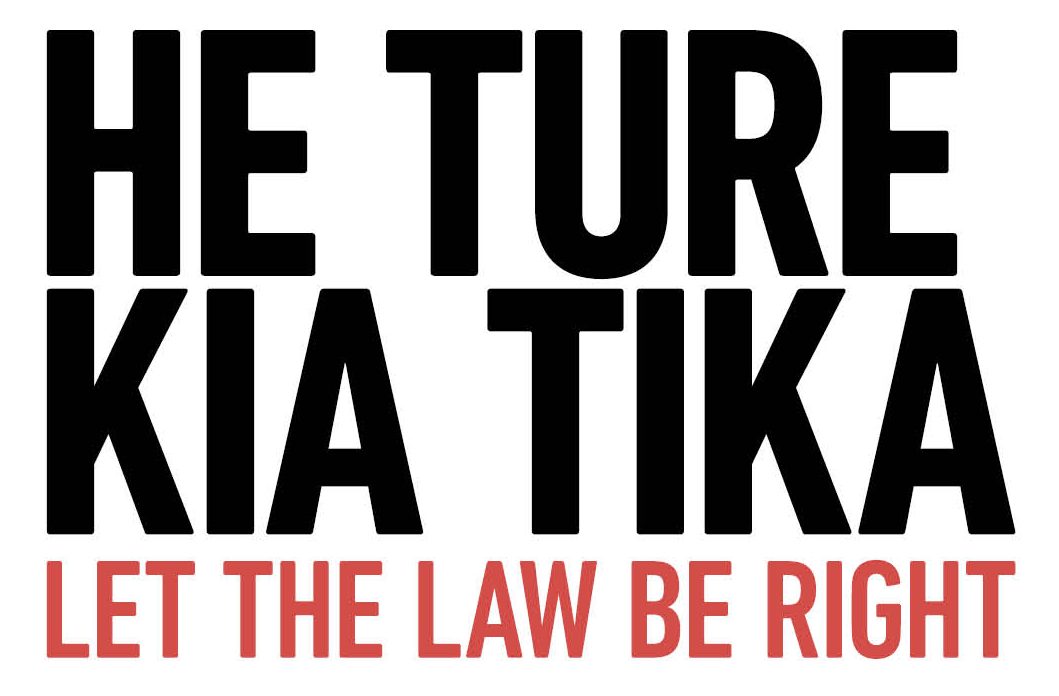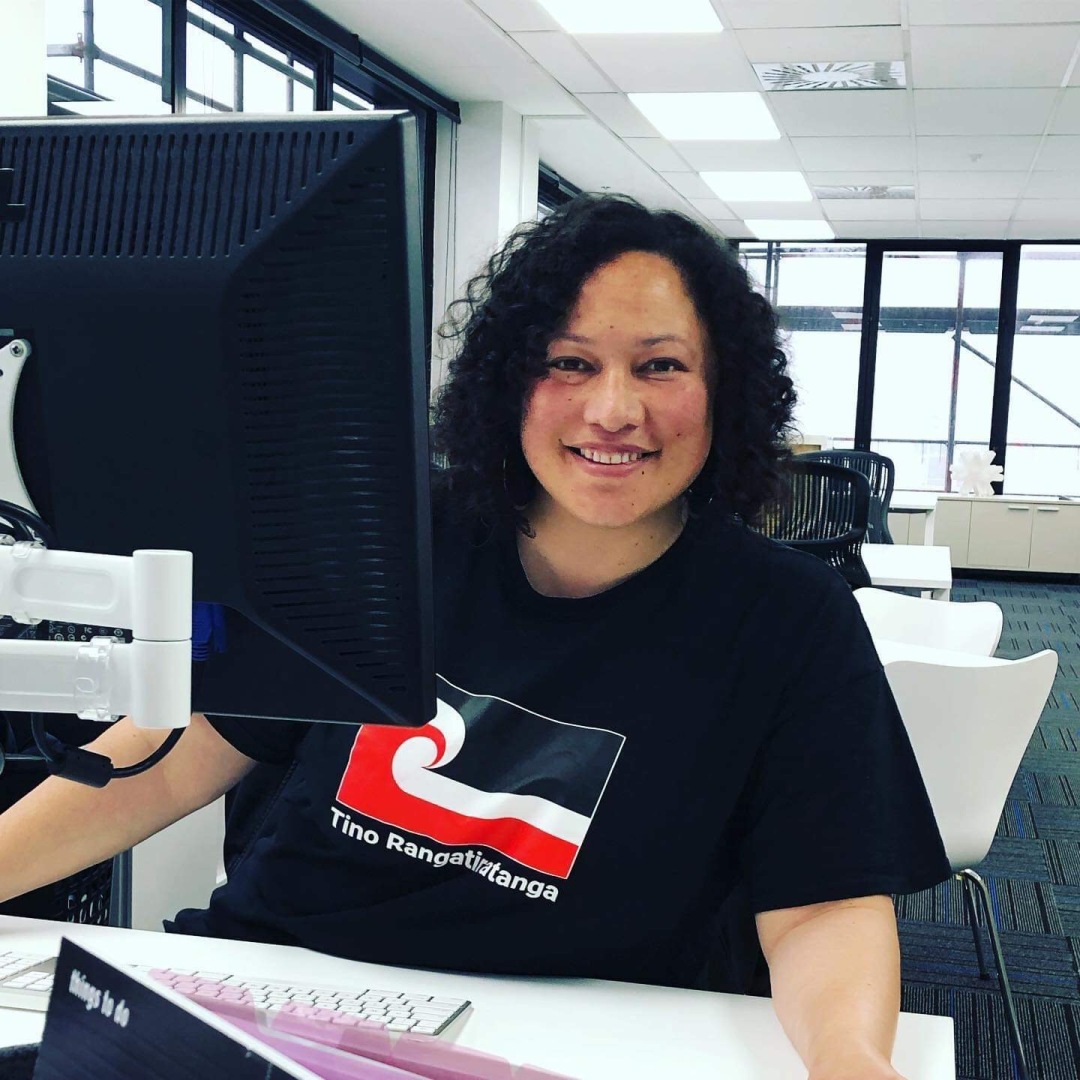We are excited to release our second short film, which showcases another powerful whānau story by, Awatea. In this blog, she shares with us what she has been up to since the film was made and her aspirations for us to think about how we may all contribute to creating a humane justice system.

What’s happened for you since filming?
A lot has happened since the filming for He Ture Kia Tika. Unexpectedly, I relocated to Auckland and now have my own apartment. I am enjoying the inner-city lifestyle and strive to experience everything central Auckland has to offer fully. I work at AUT, where my main role is in the School of Criminology. Other milestones include travelling to Columbia to represent Aotearoa New Zealand at the first convening of the International Network for Formerly Incarcerated Women. I appeared on the TVNZ Breakfast Show discussing humane approaches to crime and was invited to deliver the annual suffrage lecture at the University of Otago. More recently, I accepted an invitation from Corrections to sit on the Services and Strategies Portfolio Board as an external member with full voting rights. I also received an invitation from the Office of the Inspectorate to participate in a review of Youth in Corrections.
My greatest triumph following the filming of He Ture Kia Tika was realising the positive impact of prioritising my own wellbeing. It was my commitment to self-care that led to the early detection of cancer. In my case, early diagnosis meant my condition was completely treatable. After major surgery, I am overjoyed to share that I am cancer-free. With a fresh sense of hope, I am eager to see what the future holds for me.

What’s next for Awatea?
In the long term, taking care of my well-being is always an essential part of my future plans. The death of my son while I was in prison was devastating. I knew my 13-year-old always wanted me to be happy, and when he died in 2013, choosing happiness became a way for me to honour his passing. I continue to use gratitude and mindfulness every day to choose happiness and manage my grief.
In the short term, I will submit my masters thesis at the end of May and continue the journey towards a PhD. Education continues to inform my work and advocacy towards equitable outcomes for Māori and Pasifika in criminal justice and the university. It is a pathway that has helped me to keep safe. Education has given me an outlet to better understand ‘what happened to me,’ and why I ended up in prison. Furthermore, I can identify points of intervention and appropriate solutions at each of those points. I do not want the harmful impacts of the criminal justice system I experienced, to be the experience of any other girl or woman.
Education enables me to confidently engage in conversations about criminal justice as a legitimate voice. My lived experience of the prison system gives me the credibility to speak to the conditions of incarceration. With my education and lived experience, I am well-equipped to consider alternative solutions that are appropriate to the goal of reducing harm in our communities.
I feel a responsibility to give purpose to my experiences by intentionally sharing my story, with the aim of shifting the conversation towards more compassionate ways of addressing harm. My goal is to empathise with people who have similar experiences to me, to mutually encourage emotional wellbeing. Shared understanding is essential to knowing that we are not alone sitting in uncomfortable realities and sufferings. Not only can we share our pain, but we can also share our individual and collective triumphs promoting cycles of continuous self-constituting healing.
For people who have not experienced the prison system, I want them to understand that high rates of recidivism are a clear indication that the current prison system is not functioning effectively. Most people who complete a prison sentence will go on to commit more crimes. We need a system that focuses on healing harm, rather than making it worse.
I challenge the government to stay in dialogue with the communities that will be most affected by their criminal justice policies. The voices of the structurally marginalised are essential in any democracy and must be provided with opportunities to participate in the democratic process. Through an empathetic lens, powerful insights are gained by understanding citizen’s experiences of systemic barriers and inequalities due to factors such as race, gender, socioeconomic status, disability, mental health, addiction, or other forms of discrimination. It is precisely because these barriers can limit their access to resources, opportunities, and political power that more consideration should be given to their voices, and more action should be taken to ensure they are heard.
Although I carry aspirations for improved and equitable outcomes in criminal justice, I’m like most people, who need to focus more on achieving a balance between work and my personal life. Since my surgery, my priorities have changed. I want to stop overworking and spend more time with friends and family. I want to take more time to do things I love doing, like taking in an art exhibition or watching a Warriors game. I want to live a happy and fulfilling life while making meaningful contributions to a humane justice system that positively benefits the future of my whānau and all citizens of New Zealand.
Watch Awatea’s film
Ngā mihi Awatea
He Ture Kia Tika rōpū would like to thank you for sharing your story and being courageous in advocating for equitable, positive outcomes for whānau in the criminal justice system. You can also read more about Awatea’s story in our e-book collection, Ngā Taonga and see her contribution to our He Ture Kia Tika report on our resources page.




